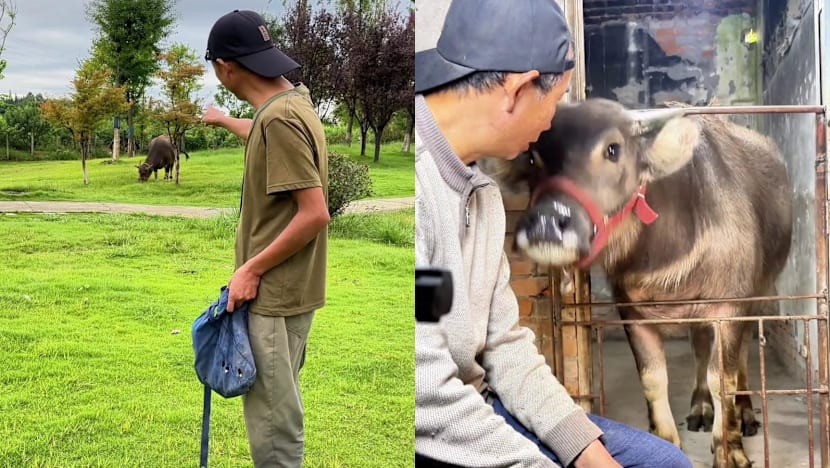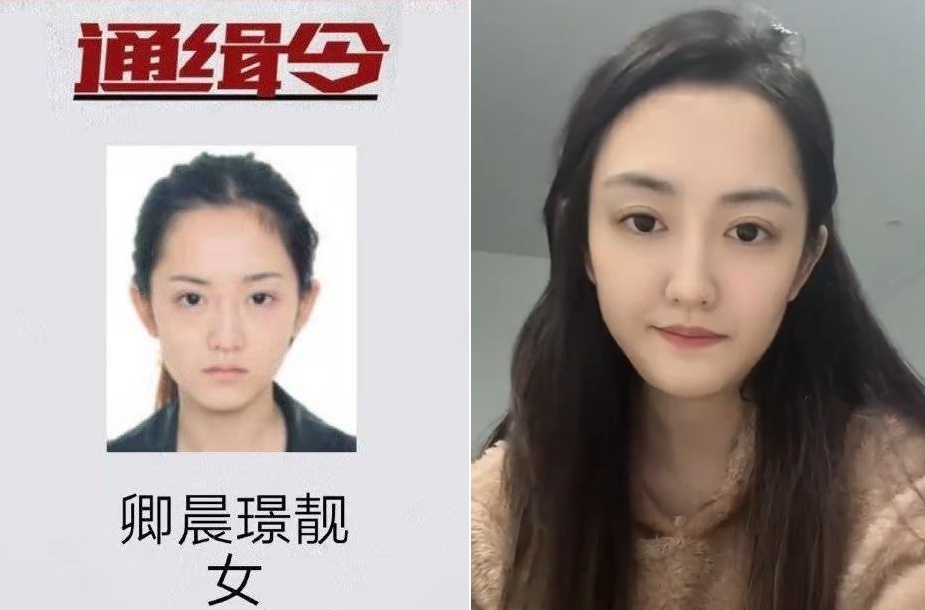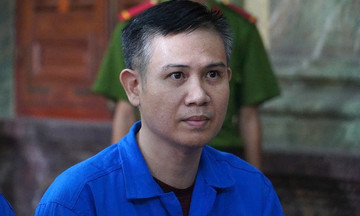Xiao, a 42-year-old former bank employee from Liaoning province, convicted of embezzlement in 2017, is part of a growing trend of ex-convicts in China turning to live streaming, using their prison experiences as content.
Thousands of users on Douyin, China's version of TikTok, tuned into Xiao's live streams to hear him discuss and share his time in prison.
"When I was released, I had nothing," Xiao shared during a live stream on 26/8, his 20th day of freedom. He detailed his daily routine: "For eight years, I sat in front of a sewing machine every day. Except for eating and going to the bathroom, I never left my workstation."
Xiao garnered over 37,000 followers in mere days before his account was deleted.
Sharing the past or glorifying crime?
While employed at Minsheng Bank, Xiao defrauded clients by having them invest in fake wealth management products worth over 2.7 billion CNY (376 million USD). He received a nine-year prison sentence and a 90,000 CNY fine.
Xiao's Douyin account is now closed, all previous posts and live streams removed.
On 26/8, the platform stated that Xiao's account had been reviewed and found to be in violation of regulations by exploiting his prison past for attention. He was subsequently banned from Douyin.
While there's no explicit rule barring ex-convicts from social media or e-commerce platforms, their increasing presence has sparked outrage. State media has criticized some for "glorifying" their crimes to gain traffic.
In a commentary published on 27/8, People's Daily stated that some ex-convicts use their criminal past as content to attract attention, glorifying "illegal behavior" and exploiting public curiosity for views.
People's Daily added that such actions cross legal boundaries and disrupt public order. "This not only causes secondary harm to victims but also sends the wrong message to society that 'negative fame is still fame'," the state media outlet commented.
However, the article acknowledged that not all ex-convicts turned live streamers or influencers have malicious intent. Those sharing professional skills or business experience "deserve support." Those who turn their criminal records into entertainment or branding risk censorship and punishment.
"True self-reliance and social reintegration are not achieved by gaining traffic from 'criminal record marketing,' but through lawful and honest labor," People's Daily wrote.
 |
Luo, once imprisoned for fraud and selling fake drugs, now has a social media account with 240,000 followers, sharing videos of his rural life herding cattle. _Photo: Douyin/fangniurenyuniu_ |
In 2020, the China Association of Performing Arts, under the Ministry of Culture and Tourism, announced: "Companies that ignore the ethical limits of the live-streaming industry and disrupt its healthy ecosystem will be blacklisted." This statement followed attempts by some online companies to sign notorious bicycle thief Zhou Liqi as a live streamer.
Experts also point out that the rising popularity of ex-convict live streamers falls into a legal and ethical gray area.
For instance, someone with a history of violent offenses transitioning to fashion live streaming raises questions and concerns about the potential impact on victims.
Cheng Mingming, a professor at Curtin University in Perth, Australia, said: "Viewers may wonder why former criminals have better lives than their victims and the potential consequences for those victims. These content creators may actually be causing secondary harm."
A strange attraction
According to Professor Cheng, details about life in Chinese prisons are largely kept secret, adding to the allure of ex-convict live streamers, who are believed to offer a glimpse into a "secret world." Audiences are also interested in the true stories of how ex-convicts lived in prison, what changed their thinking, and how they will continue their lives.
Xu Jian, an associate professor specializing in celebrity and influencer culture at Deakin University in Victoria, Australia, said: "Given the difficulties ex-convicts face in reintegrating into society and finding employment, it's not surprising that many turn to this profession. Some start by promoting themselves as ex-convicts, but once they gain a following, they often downplay or erase this label."
Luo served time for fraud and selling fake drugs. Now, he cultivates a new image on Douyin with videos of raising livestock in rural Sichuan.
Luo's videos, especially those featuring his one-year-old calf Niuniu, attract millions of likes and supportive comments.
"I will not kill, sell, or beat Niuniu. I will be with it for life," Luo wrote in a post. His account remains active, with over 240,000 followers on Douyin.
However, some comments still ask Luo if he still sells "sugar." Previously, he used rock candy to mimic crystal meth. "That happened 10 years ago. What I'm doing now conveys positive energy," Luo said in a live stream addressing questions about his past.
Luo said: "A person with a criminal record is not necessarily a bad person. I beg everyone to have mercy and give me a chance to live."
Another notable case is Qingchen Jingliang, once dubbed the "most beautiful fugitive" when Chinese authorities released a wanted poster with her portrait in 2018. She surrendered in 11/2018 and was sentenced to one year and two months for fraud.
After her release in 2021, Qingchen Jingliang became a live streamer. In April, her Douyin account was banned for recounting her time in detention and encouraging viewers to send virtual gifts to hear more about the fraud and her prison experience.
 |
Qingchen Jingliang was dubbed the "most beautiful fugitive" due to her wanted poster in 2018. _Photo: Mianyang City Police_ |
Mr. Xu said most ex-convicts adopt more cautious approaches online. They don't glorify crime, aware of the sensitive nature of such content. They encourage viewers to obey the law and learn from their mistakes, framing their narratives positively.
Wang, a Douyin user from Fujian province, shared the difficulties, such as job searching, after leaving prison. "Reintegrating into society is very difficult for us, but I won't give up. I believe hard work can bring a new beginning," Wang said in a post.
Mr. Xu affirmed that the existence of ex-convict live streamers remains controversial. "While tightening regulations is inevitable, I don't expect them to disappear completely," he said.
Tue Anh (_via CNA_)












